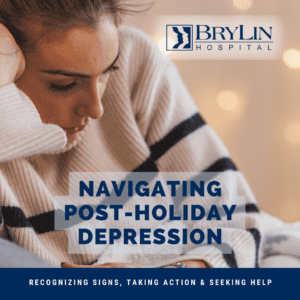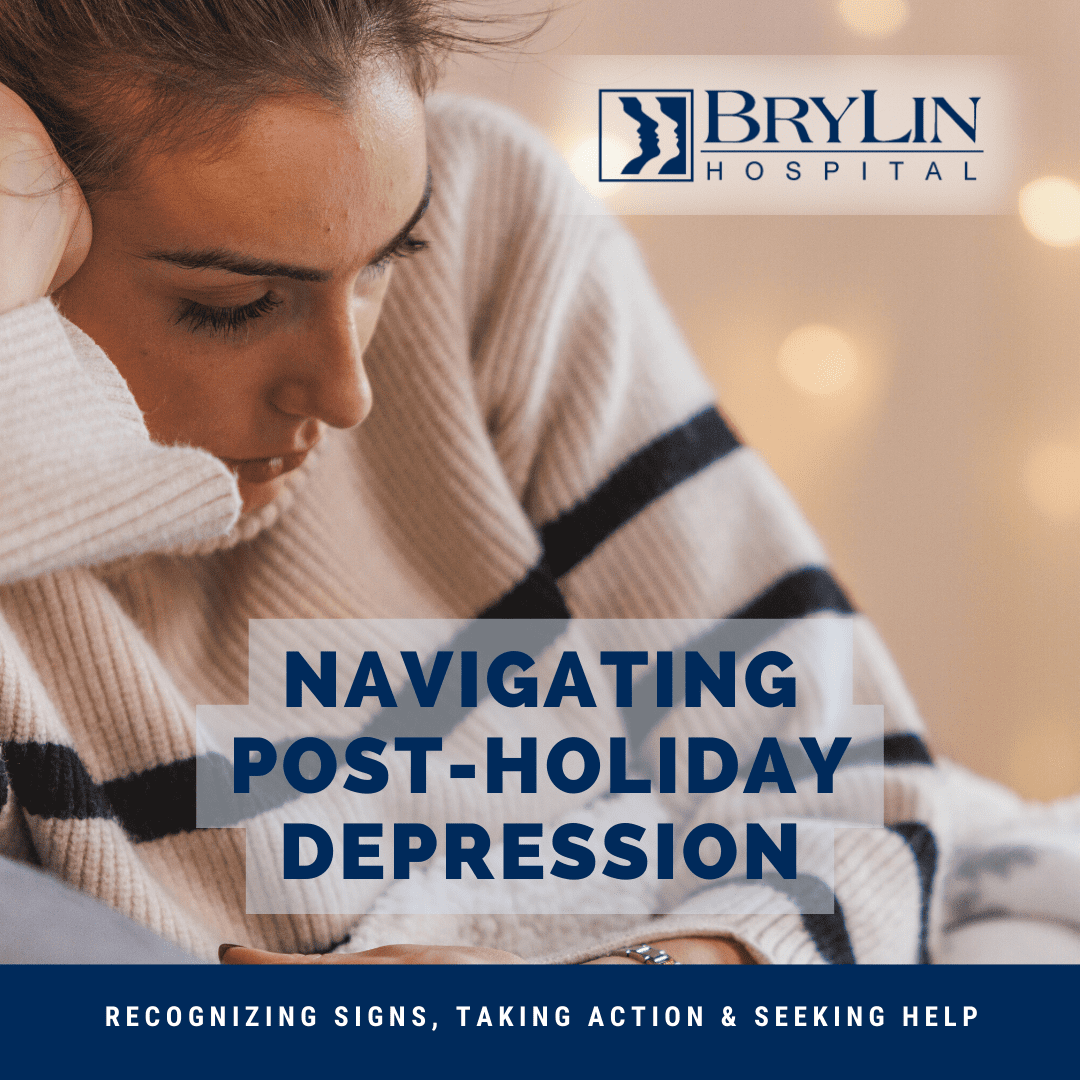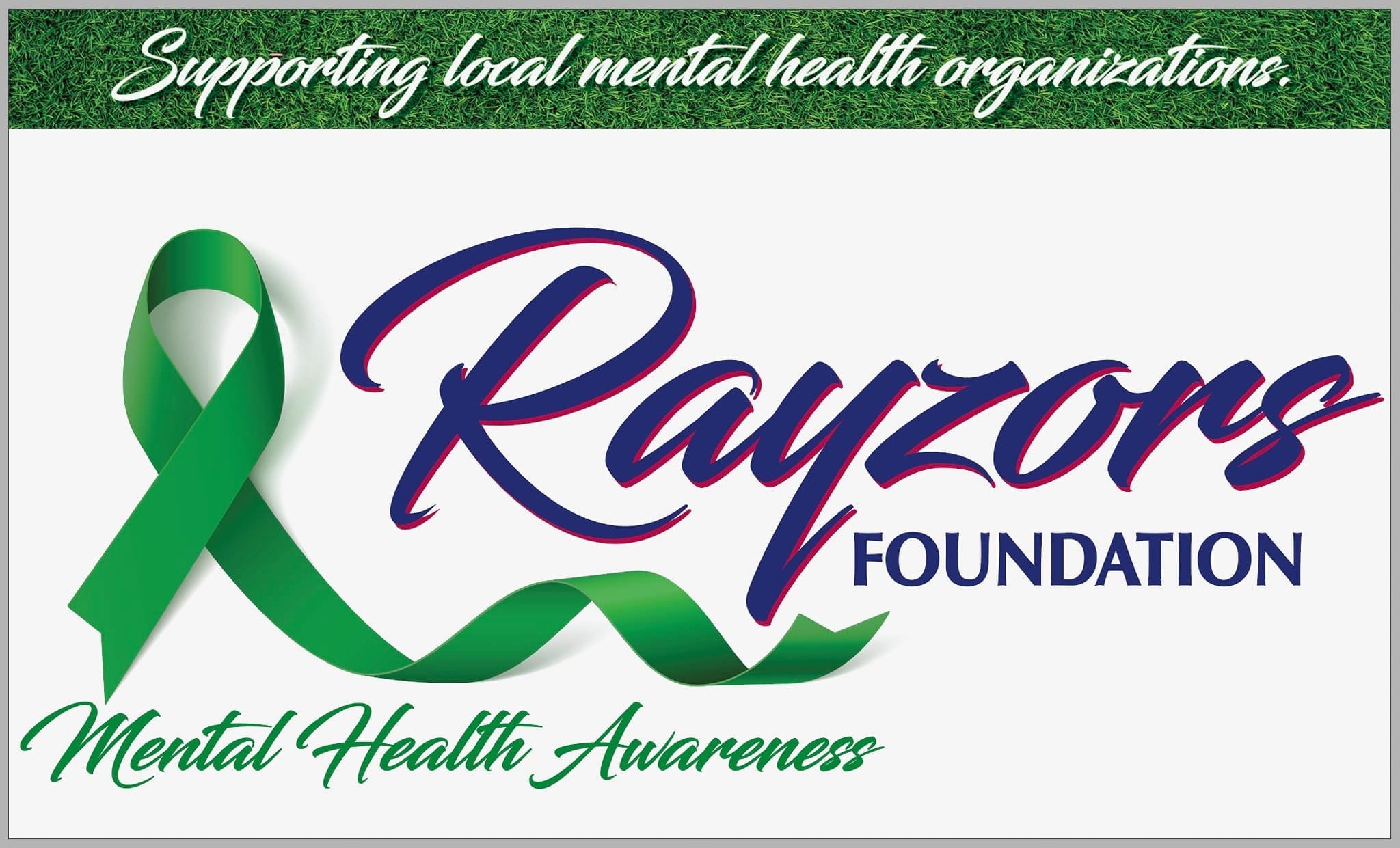The joyous holiday season, filled with festivities, family gatherings, and cheerful decorations, often gives way to a lesser-known phenomenon: post-holiday depression. As the lights dim and the calendar turns, many individuals find themselves grappling with a range of emotions that can lead to a persistent sense of sadness. Recognizing the signs and taking proactive steps to combat post-holiday depression is crucial for mental well-being.
Signs and Symptoms: Post-holiday depression can manifest in various ways, with individuals experiencing a combination of emotional, physical, and behavioral symptoms. Feelings of sadness, fatigue, and a lack of interest in activities that once brought joy are common indicators. Changes in sleep patterns, appetite, and difficulty concentrating may also surface. Some individuals may isolate themselves from friends and family, feeling overwhelmed by the void left after the holiday celebrations.

Actions to Combat Post-Holiday Depression:
- Reflect and Set Realistic Goals: Take time to reflect on the holiday season and acknowledge any disappointments or unmet expectations. Set realistic goals for the upcoming year, breaking them into manageable steps. This can help shift the focus from post-holiday blues to a sense of purpose and achievement.
- Maintain a Healthy Routine: Establishing a consistent daily routine is vital for mental health. Prioritize adequate sleep, regular exercise, and balanced nutrition to support overall well-being. These habits contribute to a stable mood and provide a sense of structure during the post-holiday transition.
- Connect with Others: Combat feelings of isolation by reaching out to friends and family. Social connections play a crucial role in alleviating depression. Attend social events, engage in activities you enjoy, and foster meaningful relationships to counteract the post-holiday loneliness.
- Seek Professional Help: If symptoms persist or become severe, it is essential to seek professional assistance. Therapists and counselors can provide valuable insights, coping strategies, and a supportive environment for individuals navigating post-holiday depression.
BryLin Hospital: Compassionate Crisis Care: For those struggling severely and in crisis, reaching out for help is the most crucial step. BryLin Hospital offers specialized mental health services, providing comprehensive care for individuals facing emotional challenges. Their team of professionals is dedicated to helping individuals regain stability and find effective coping mechanisms to navigate the complexities of post-holiday depression.
In conclusion, post-holiday depression is a common and manageable condition that requires attention and proactive measures. By recognizing the signs, taking positive actions, and seeking help when needed, individuals can navigate the post-holiday period with resilience and emerge stronger on the path to mental well-being.




Comments are closed